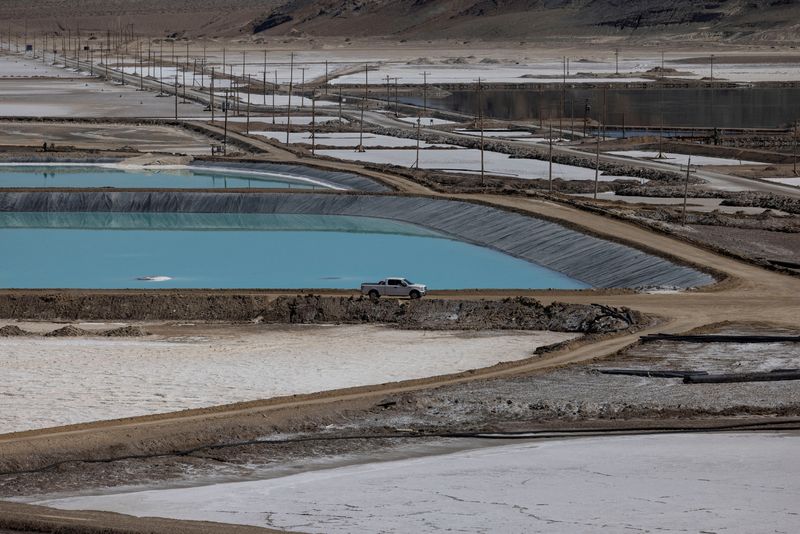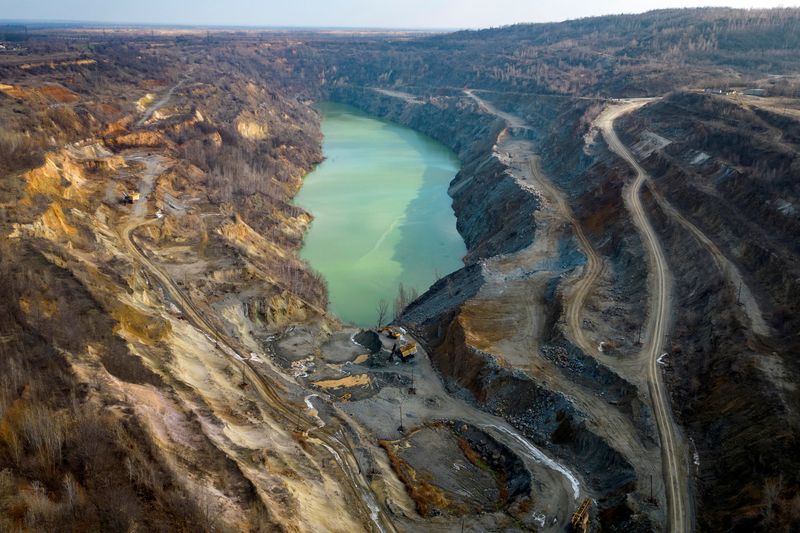Could California Actually Go Rogue?
California has always been somewhat separate from the rest of the United States. Proudly independent, the state is continuing this tradition with its recent opposition to President Donald Trump’s newly imposed tariffs. On April 15, 2025, Governor Gavin Newson announced California as the first state to sue President Donald Trump over the new tariffs. As […] The post Could California Actually Go Rogue? appeared first on 24/7 Wall St..
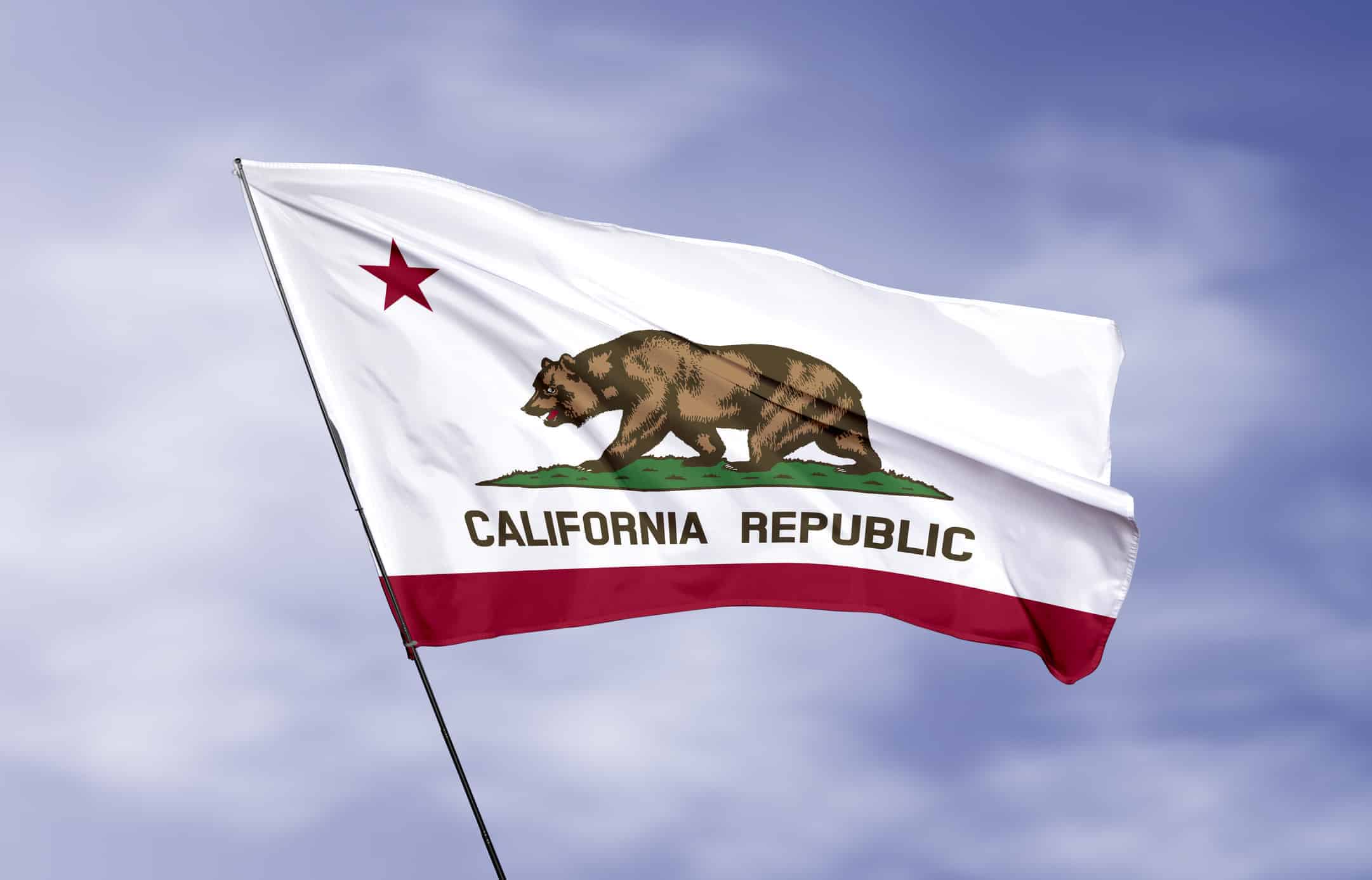
California has always been somewhat separate from the rest of the United States. Proudly independent, the state is continuing this tradition with its recent opposition to President Donald Trump’s newly imposed tariffs. On April 15, 2025, Governor Gavin Newson announced California as the first state to sue President Donald Trump over the new tariffs.
As the fifth largest economy in the world, California is home to diverse industries ranging from agriculture to the technology of Silicon Valley, leaving the state likely to lose billions due to the new tariffs. Governor Newsom argues that the tariffs are “unlawful” and are “wreaking chaos” on the state’s families, businesses, and overall economy. He also contends that President Trump acted illegally, as Congress, not the President, holds the final approval for such tariffs.
Right now, California is fighting against the president of the United States for its rights as a state, but what if it took its independent streak to the extreme and became its own country, separate from the United States? Hopefully, that never happens, but if it did, California would likely stand as an important global power on its own. Here is a possible picture of what the “Republic of California” might look like.
*This article was updated on April 16, 2025, to reflect the recent conflict between California and President Trump.
Why This Matters Today
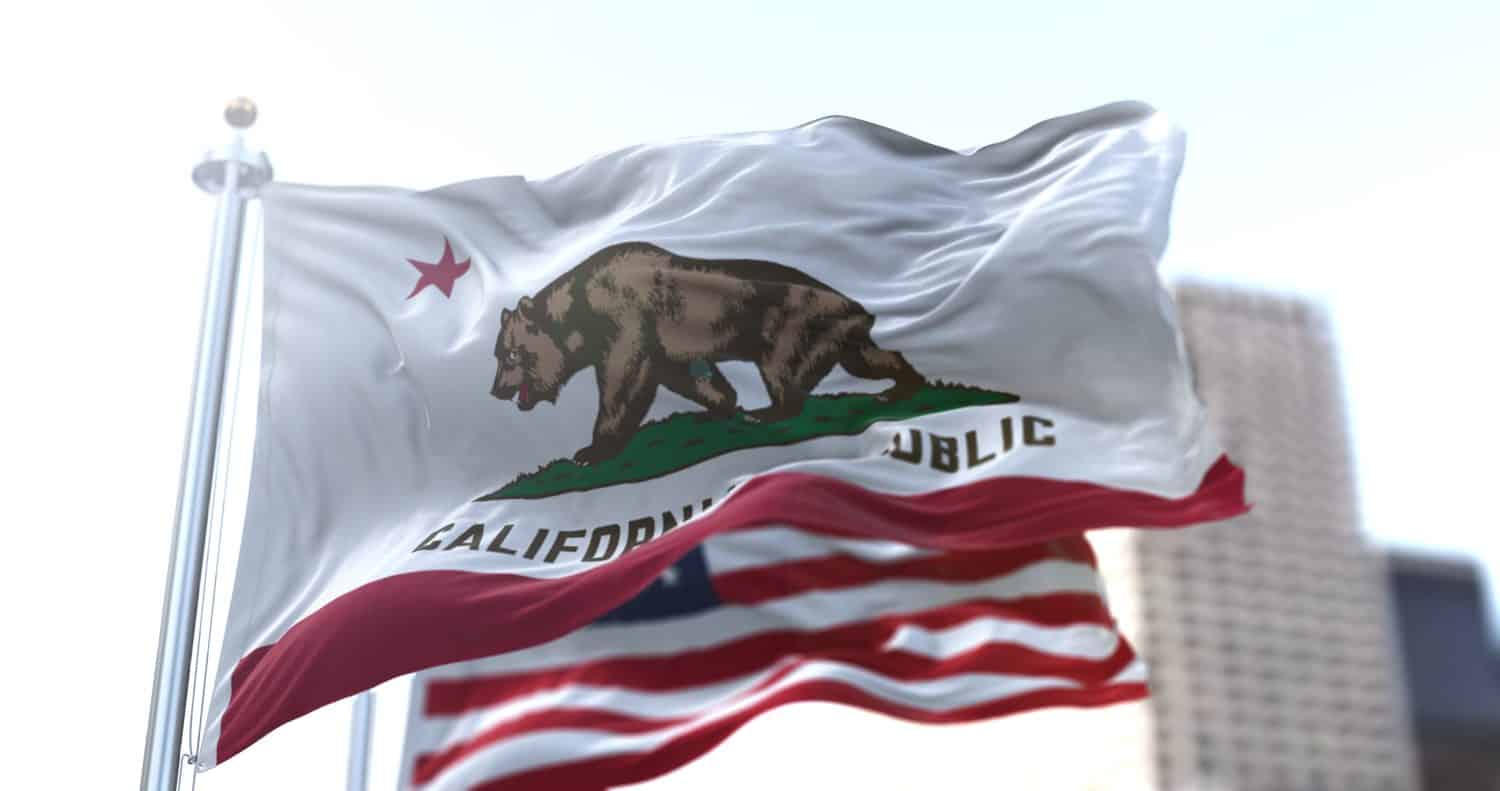
California’s powerful economy naturally lends to the state’s sense of independence, as seen in Governor Newson’s lawsuit against President Trump’s tariffs. This legal challenge underscores California’s willingness to act independently from the federal government.
But let’s imagine if California became completely independent. We’re not talking about a civil war or anything like that; the U.S. military is far too strong for any single state to fight against, even one as powerful as California. But what if California split peacefully and became its own country, retaining its ability to trade with the U.S. and other countries? How well would California do on its own?
An Economic Superpower

California’s 2023 GDP was $4.1 trillion, which puts it ahead of Germany and just below Japan. A lot of the largest multinational corporations on the planet are headquartered in the state — places like Apple, Google, Disney, and Netflix. It has a diversified economic base of technology in Silicon Valley, entertainment based in Hollywood, a huge agricultural surplus centered in the Central Valley, and an ideal location for Pacific trade with major ports in the San Diego, L.A., and San Francisco Bay areas. As a country, economically, it would not only survive but thrive.
However, much would depend on the new country’s management of its economy without the mitigating influence of American conservatives in other states. If it pursued expensive social programs, heavier environmental regulation, higher taxation, and bureaucracy, its stellar economy could start to decline as businesses and talented people looked for more lucrative options in other places.
Supersized Population

There are over 39 million Californians. That’s bigger than the population of Canada or Australia. Calfornians are also part of a super diverse population. In fact, the state has no one majority ethnic culture anymore; it’s 40% Latino, 34% Caucasian, 16% Asian, and 6% black. Over 200 different languages are spoken there, with 44% of residents speaking a language other than English at home. This all adds up to the California Republic being ideally positioned for global commerce and diplomacy and brimming with ideas and cultural traditions to fuel innovation. Of course, diversity isn’t always sunshine and rainbows. It can also contribute to ethnic tension that the government would need to manage carefully and fairly.
Borders and Immigration
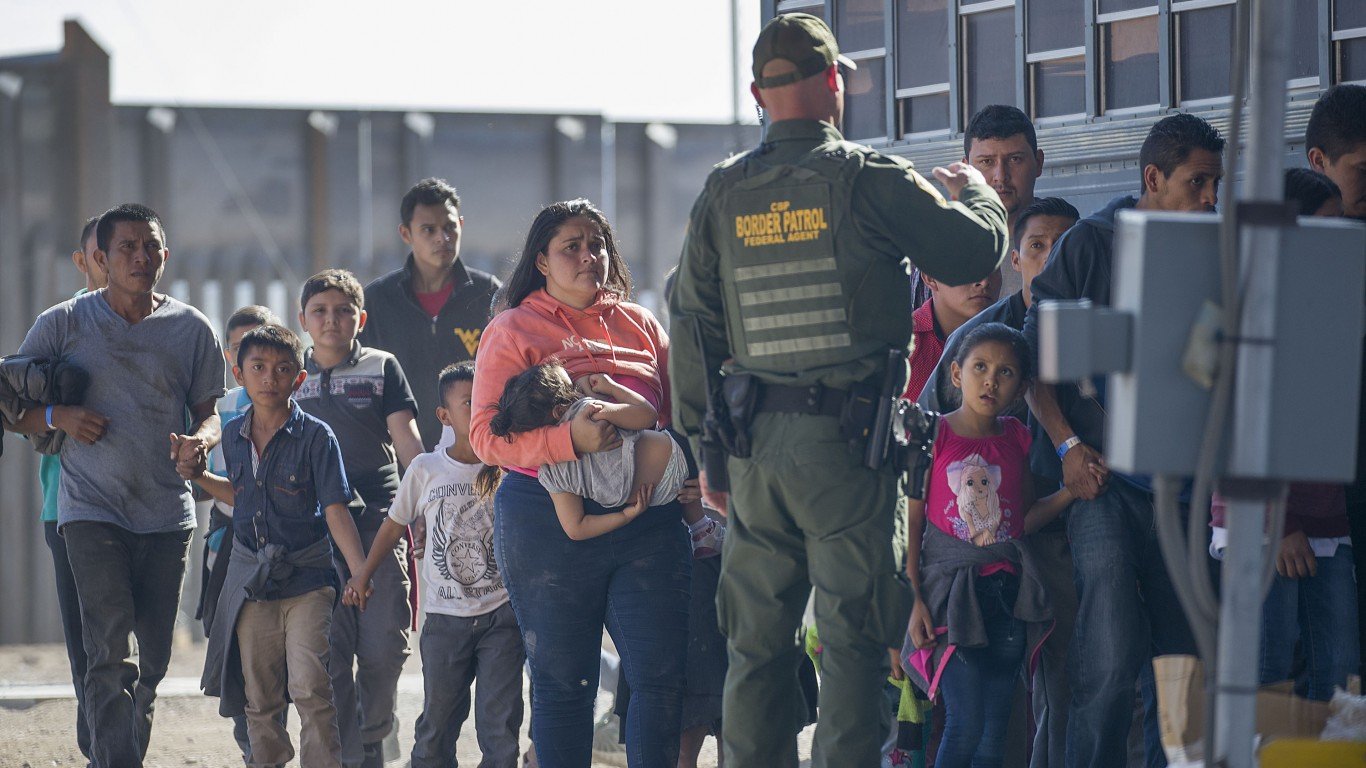
On its own, California would probably have a more generous immigration policy than the United States, though it would have a shorter border with Mexico to control than the U.S. currently does. As for its border with the rest of the United States, that would be an absolute nightmare. Those straight lines on the map run right across rugged mountain ranges, forests, and deserts that would be utterly impossible to seal up tight. Count on undocumented immigrants and tariff-busting smugglers going back and forth in both directions in unguarded areas of the U.S.-California border pretty much at will. And no matter which side builds a wall there, it will ultimately be Americans paying for it.
Resource-Rich, Water-Poor

California is a national leader in American agriculture, producing far more than necessary for the state’s own residents and feeding much of the rest of the United States and foreign countries. It also produces some oil, has nuclear reactors, and is heavily invested in renewable energy like solar and wind power. The mountainous parts of the state are mineral-rich and heavily forested. So it’s unusually well-endowed with everything it needs for self-sufficiency and robust exports.
Everything, that is, except water. There’s actually more than enough water in the north, but not in the arid south, where vast farms and overcrowded cities soak up oceans of water. Much of it comes from the Colorado River, which California shares with upstream states. By the time what’s left of it flows over the Mexican border, it completely dissipates in salt flats before it can reach the ocean. This is a major problem that, for an independent California, would make it vulnerable to pressure from the United States, which could cut off the water flow at will.
A Pandora’s Box
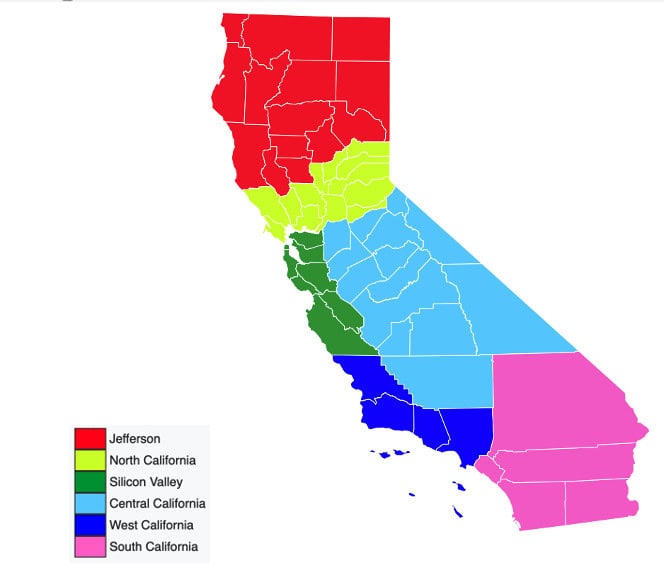
Some people might think secession would be better for California and for the rest of the country. But the truth is, it’s hard to see it as anything but a disaster, long-term:
- It could set off a chain reaction of other U.S. states seceding, sometimes violently. This would cost lives and resources, disrupt trade, and lead to economic slowdowns.
- California itself might have to deal with secession efforts by more conservative counties wanting to stay with the United States or even form their own country.
- The United States as a whole would be a weaker country if it continued to exist in some form, with less influence on the world stage and less ability to defend American interests and citizens.
- Domestically, without the relative moderation produced by balancing liberal and conservative states in forming national policy, California and the rest of the country might go to opposite political extremes. This would make things even harder and create intolerable situations for millions of people on both sides of the border who just want to be left alone and live peaceful lives without a government, or a mob of people who all think alike, controlling their behavior.
Bottom line: Could California survive as a foreign country? Absolutely. Should California become a foreign country? Absolutely not.
The post Could California Actually Go Rogue? appeared first on 24/7 Wall St..















































